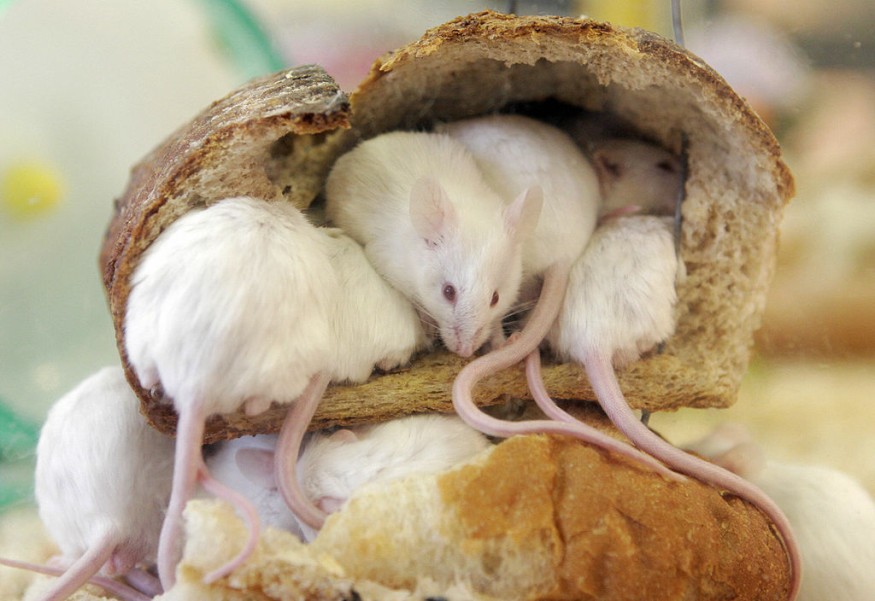
Did you know that mice are terrified of bananas? Not to the looks of it, but the scent of the fruit just drives them away!
This "unusual fruit aversion" was discovered by researchers from McGill University in Montreal, Quebec, by accident while analyzing stress hormones in male mice when close to pregnant female mice.
"The whole thing came as a surprise, since we were not looking for this in particular and found it by accident," said the study's senior author Jeffrey Mogil, who is also a professor in the department of psychology at McGill University.
"The pregnant females were in our lab for another experiment, and one of our grad students realized that the males began acting weird," Mogil told Live Science.
The study published in the journal Science Advances reported that certain chemical compounds in a banana triggered a stressful response in male mice, the same compound called n-pentyl acetate found in the females' urine.
Olfactory Messages among Mice
According to the researchers, "male mice, especially virgin males, are well known to engage in infanticidal aggression to advance their genetic fitness."
Meanwhile, pregnant and lactating females rely on emitting chemical responses through their bodies called chemosignaling to send messages to the males to stay away from their youngs.
While rodents and several mammals rely on their sense of smell, new findings suggested something that has "never been described before in mammals."
"We've seen a lot of olfactory messages being sent from males to females, but there are fewer examples of females sending them to males," Mogil said.
Most of these messages have to do with sexual behavior, but not for the present case.
According to the author, "the females are telling the males to stay away, otherwise be prepared for me to beat the crap out of you if you touch my pups."
This observation of the male's stress level in response to the females' urine was compared to possible source that could trigger a similar response.
Why the Male Mice Go 'Bananas'!
Using banana oil from a local supermarket put in cotton balls, the team measured increased stress levels of the males, just like the urine had done in previous experiments.
Findings showed that the hormonal spike directly relates to the stress levels when faced with threat or possible fight.
Consequently, exposure to these chemical compounds had an analgesic, or pain-relieving effect that decreases the males' sensitivity to pain, "developed as quickly as five minutes after they smelled n-pentyl acetate, and abated 60 minutes after smelling it," the authors reported.
The study offers a glimpse and better understanding of the invisible communication channels animals use to talk to each other, Mogil added.
This phenomenon of female-to-male chemosignaling suggested that the close proximity is a previously unknown stressor for the males.
© 2025 NatureWorldNews.com All rights reserved. Do not reproduce without permission.





